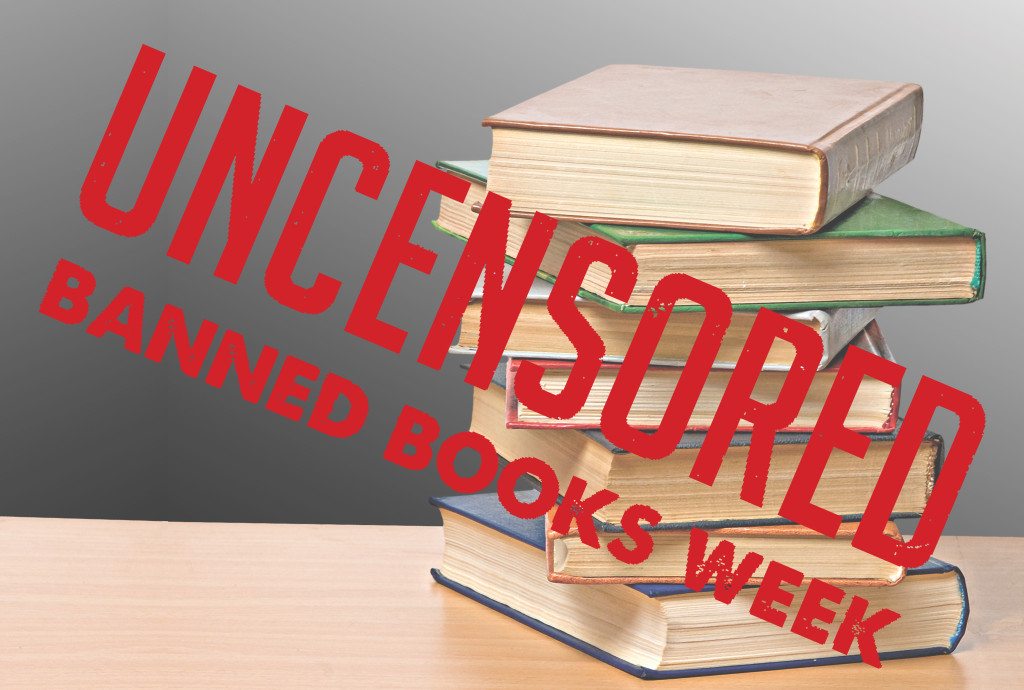 Banned Books Week 2016, beginning on Sept. 25, draws national attention to the harms of censorship. It is an annual event celebrated by librarians, booksellers, publishers, journalists, teachers and all types of readers of all ages. The awareness promotes the freedom to read, highlighting the value of access to information.
Banned Books Week 2016, beginning on Sept. 25, draws national attention to the harms of censorship. It is an annual event celebrated by librarians, booksellers, publishers, journalists, teachers and all types of readers of all ages. The awareness promotes the freedom to read, highlighting the value of access to information.
“To ban books is to shackle the mind,” said James LaRue, director of the American Library Association (ALA) Office for Intellectual Freedom (OIF). “If we want to learn and grow as individuals, if we want to understand and participate in the vital issues of our democracy, then we need to be free enough, brave enough, to investigate the world around us; even when there are others who would like to stop us.”
OIF compiles lists of challenged books as reported in the media and submitted by librarians and teachers across the country.
Books that are challenged each year by many, including activists, parents, community members and religious authorities, focus efforts to remove or restrict access to books that are considered unorthodox or unpopular, based on the objections of a person or a group.
While books have been and continue to be banned, part of the Banned Books Week celebration is the fact that, in a majority of cases, the books have remained available. This happens only thanks to the efforts of librarians, teachers, students, and community members who stand up and speak out for the freedom to read.
Reasons: Offensive language, sexually explicit and unsuited for age group.
Reasons: Sexually explicit, unsuited to age group and other (“poorly written,” “concerns that a group of teenagers will want to try it”).
Reasons: Inaccurate, homosexuality, sex education, religious viewpoint and unsuited for age group.
Reasons: Anti-family, offensive language, homosexuality, sex education, political viewpoint, religious viewpoint, unsuited for age group and other (“wants to remove from collection to ward off complaints”).
Reasons: Offensive language, religious viewpoint, unsuited for age group and other (“profanity and atheism”).
Reasons: Religious viewpoint.
Reasons: Violence and other (“graphic images”)
Reasons: Nudity, sexually explicit and unsuited for age group.
Reasons: Homosexuality and other (“condones public displays of affection”).
Reasons: Religious viewpoint, unsuited to age group and violence.
Visit www.ala.org to view a list of banned or challenged books by year.
—Provided by the American Library Association (ALA)













































